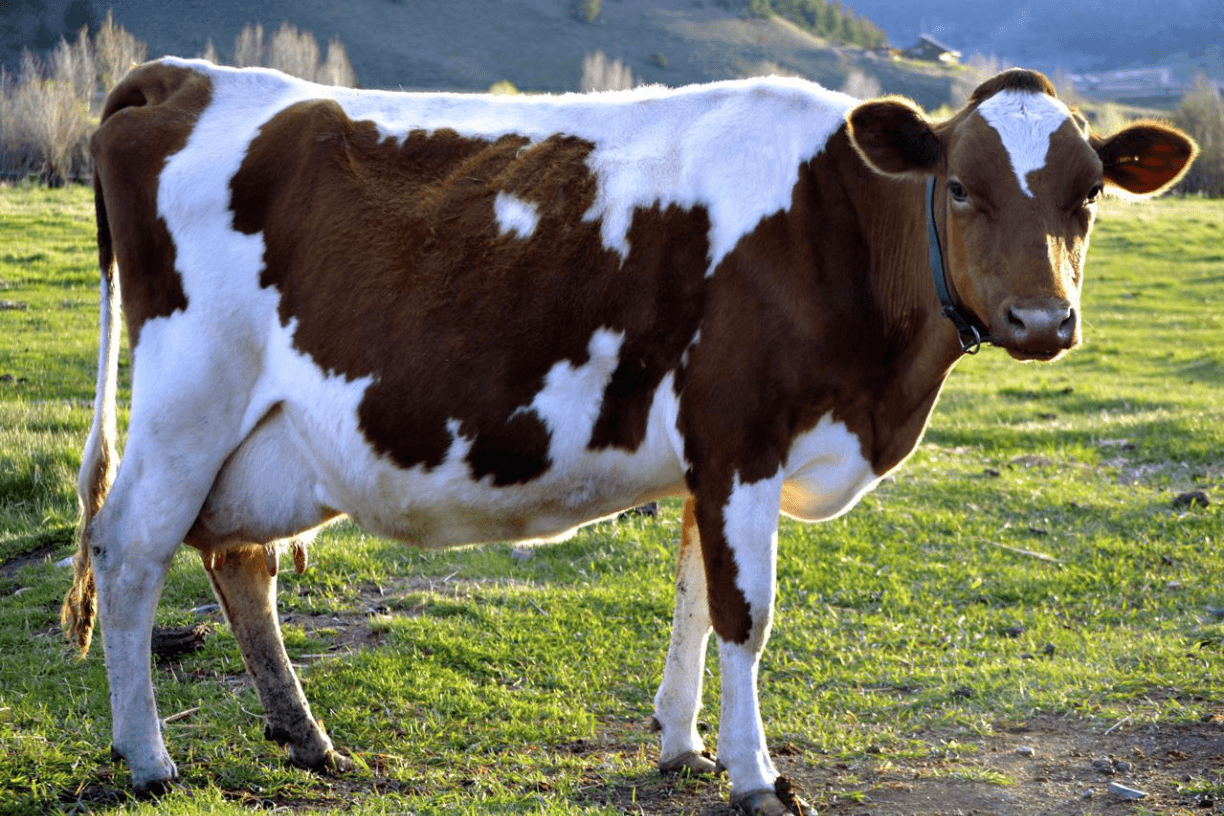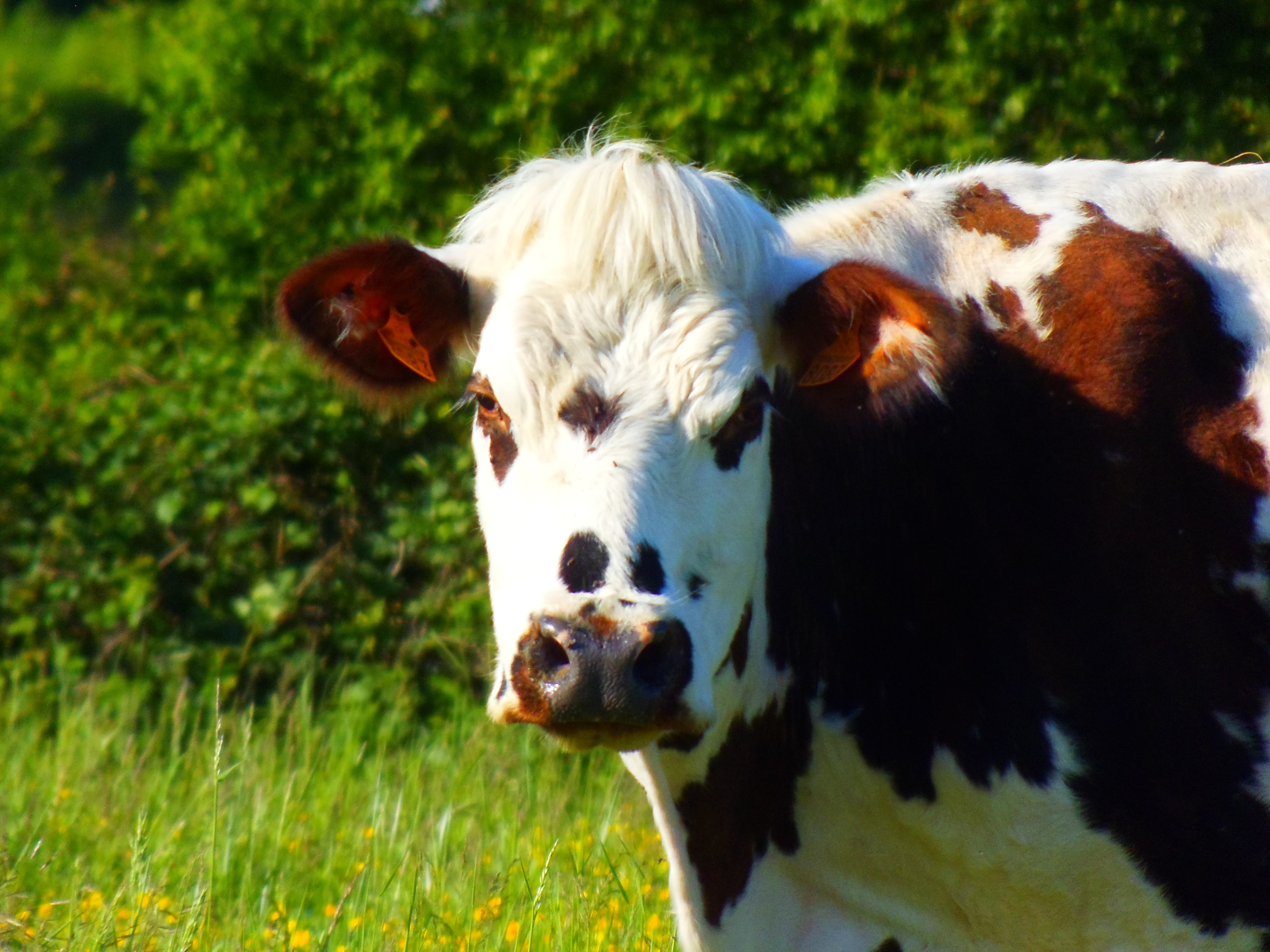The Marvelous Cow: An Insight into the Life and Importance of Cattle
The Marvelous Cow: An Insight into the Life and Importance of Cattle
Cattle, often symbolized by the serene and gentle image of the cow, have been an integral part of human civilization for thousands of years. Revered in some cultures and solely seen as a source of sustenance in others, the cow holds a unique position in the annals of history and modern society alike. In this article, we delve into the multifaceted significance of this remarkable animal.
Historical Significance:
Throughout history, cattle have played pivotal roles in the development of human societies. From the domestication of wild aurochs by early humans to the establishment of agrarian societies reliant on oxen for plowing fields, cattle have been indispensable companions in our journey through time. In ancient civilizations such as those of the Indus Valley and Ancient Egypt, cattle were revered as symbols of wealth and fertility, often depicted in art and mythology.
Economic Importance:
In contemporary society, cattle continue to hold immense economic importance. The dairy industry, fueled by the milk produced by cows, is a cornerstone of agriculture in many countries. Additionally, beef production provides a significant portion of the world's protein supply, sustaining populations across the globe. Beyond meat and dairy, cattle byproducts such as leather, gelatin, and even pharmaceuticals contribute to various sectors of the economy.
Environmental Impact:
While the economic contributions of cattle are undeniable, their environmental impact is a subject of growing concern. The methane emissions produced by cattle contribute to greenhouse gas levels, exacerbating climate change. Furthermore, deforestation driven by the expansion of cattle ranching poses a threat to biodiversity and the stability of ecosystems in regions such as the Amazon rainforest.
Cultural and Symbolic Representations:
Beyond their practical utility, cattle hold profound cultural and symbolic significance in many societies. In Hinduism, the cow is revered as sacred and is often associated with various deities, particularly the revered cowherd, Krishna. In other cultures, such as those of the Maasai people of East Africa, cattle are a symbol of wealth, status, and social cohesion, playing integral roles in rituals and ceremonies.
Animal Welfare:
The treatment of cattle in modern agricultural practices is a subject of ethical debate. Concerns about factory farming, inhumane transportation conditions, and the use of growth hormones and antibiotics have prompted calls for improved standards of animal welfare. Advocates emphasize the importance of ethical treatment of cattle, not only for their well-being but also for the quality and sustainability of the products derived from them.
In conclusion, the cow stands as a fascinating intersection of history, economics, culture, and ethics. From its ancient origins to its modern-day roles, this remarkable animal continues to shape human civilization in myriad ways. As we navigate the complexities of a rapidly changing world, it is imperative that we approach our relationship with cattle with reverence, responsibility, and respect.
Kaynakça
- ^ "KASAPLIK HAYVANLARIN SINIFLANDIRILMASI VE BESİ DURUMUNUN SAPTANMASI" (PDF). Ömer Çetin. 26 Haziran 2020 tarihinde kaynağından arşivlendi (PDF).
- ^ McTavish, Emily Jane; Decker, Jared E.; Schnabel, Robert D.; Taylor, Jeremy F.; Hillis, David M. (25 Mart 2013). "New World cattle show ancestry from multiple independent domestication events". Proceedings of the National Academy of Sciences. 110 (15). doi:10.1073/pnas.1303367110. ISSN 0027-8424. PMC 3625352 $2. PMID 23530234.
- ^ Bollongino, R.; Burger, J.; Powell, A.; Mashkour, M.; Vigne, J.-D.; Thomas, M. G. (2012). "Modern taurine cattle descended from small number of Near-Eastern founders". Molecular Biology and Evolution. 29 (9): 2101-2104. doi:10.1093/molbev/mss092
 . PMID 22422765.
. PMID 22422765.




























































